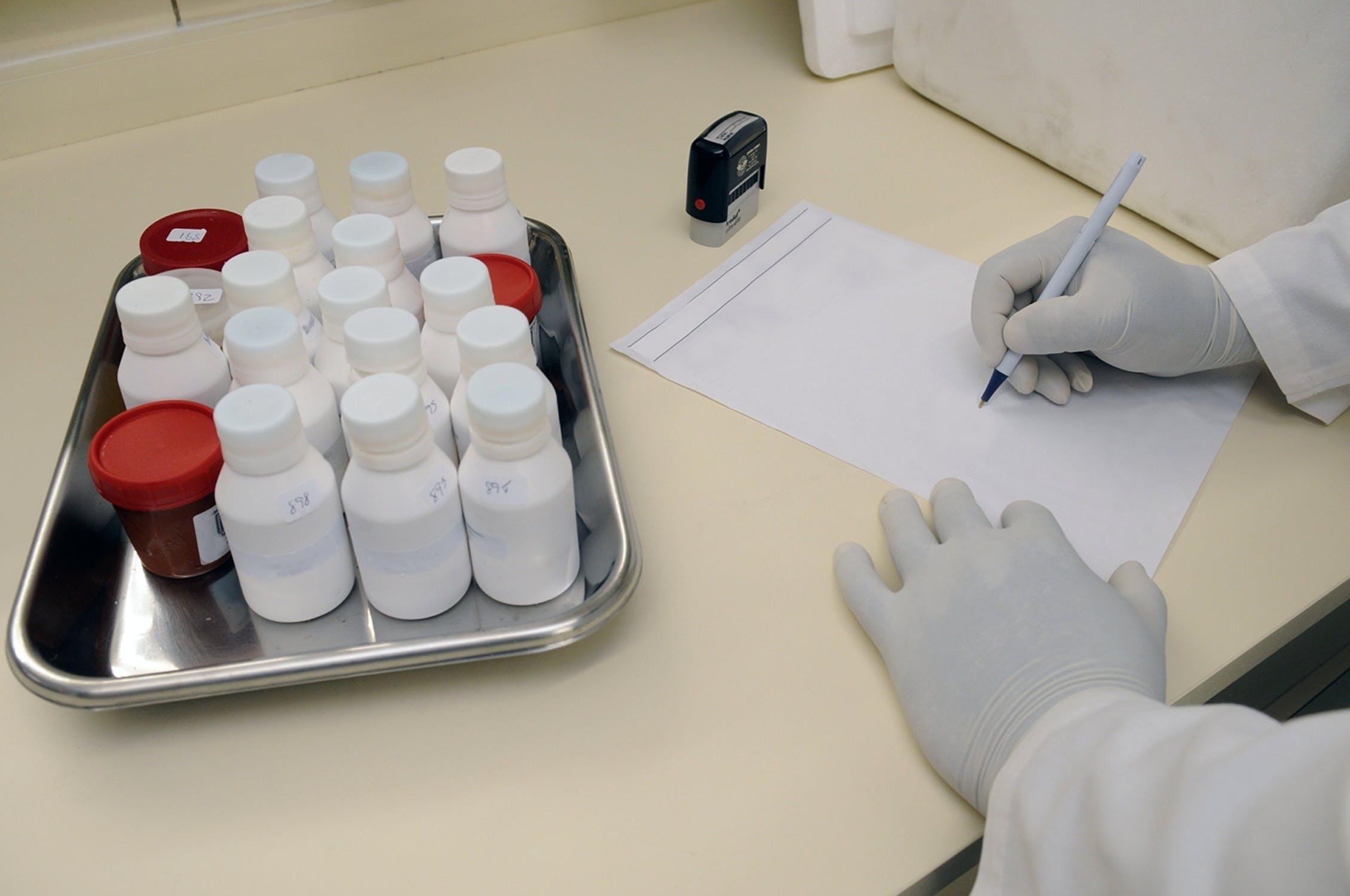Many of us have had the maddening experience of going to see a doctor and being told that your medical information is "not in our system". The reasons are many:
- Electronic medical records are not interoperable.
- The information is buried.
- The person seeing you did not take the time to review what records are available.
- Someone sent information that is not compatible with the receiver's system e.g. a CT scan disc that cannot be read on the legacy IT system.
- There was a referral leak because the sender, the receiver, the patient or a third party intermediary, like an insurance company, got in the way or did not do their job.
So, what's a patient to do? Here are some tips:
- Take personal responsibility for storing and managing your health information.
- Do not assume that the person you are about to see will have your information in the record, particularly if you are going from one part of the US system of systems to another, like from a VA hospital to a for profit or not for profit private system or an urgent care center or ambulatory surgery center to a private practice.
- Do not assume that the person seeing you will have reviewed your information prior to your visit, particularly if they are an employed physician working in the same hospital system that employs the sending healthcare provider.
- Be sure you sign a release of medical information and get copies. Bring critical information, like operative notes and discharge summaries to your visit. Dispute unseemly charges for making copies. In most instances, there are only a few pieces of critical information required to make a diagnosis or therapeutic decision as part of an initial or follow up visit. You won't need the contents of your entire last visit.
- If possible, have someone accompany you to the visit to take notes.
- Check to be sure the information in the record is correct and bring attention to errors. Some are minor. Others are not...like do you still have your right leg.
- Be sure you have an accurate medication list and discuss whether you still need to take them or make adjustments.
- In these days of digital health hype, there are still many doctors who don't have or use them. Most have a fax machine and here's why they still use them. Be proactive and ask the sender to fax information to the receiver prior to your visit.
- Do not send medical information over insecure networks. Black market eCare is pervasive.
- If people are not responsive, if possible, find someone else to take care of you.
- One thing you be sure of receiving, though, is your bill for medical services. Be sure to examine it closely and dipute any charges. Here are some tips how to do it. Be particularly aware of hospital "technical fees" (a charge for using the building and all that free valet parking) v professsional fees (what the person who saw you, doctor or not, is charging you). Charges are based on E/M codes submitted (evaluation and management fees) that are often wrong and either overstated or understated.Insist on getting an explanation of benefits that states the E/M code submitted. In addition, contest bills for "free" Medicare annual health evaluation visits even if there is no out of pocket charge to you. You are , in fact, paying for those visits as a taxpayer.
Medical tourism/medical travel presents its own set of challenges. Here are the 7Cs to follow if you are leaving home for care.
The unfortunate reality is that, when it comes to medical information transfer, there is busted trust and impregnable information silos.
Remember too that much of your medical information is not in EMRs. Remember that visit to the accupuncturist? What about your shingles shot at CVS and those unstructured posts and pictures on Facebook?
Be your own best advocate and remember that your medical information is an asset. Protect and monetize it.
Arlen Meyers, MD, MBA is the President and CEO of the Society of Physician Entrepreneurs on Twitter@ArlenMD and Co-editor of Digital Health Entrepreneurship.



Leave your comments
Post comment as a guest